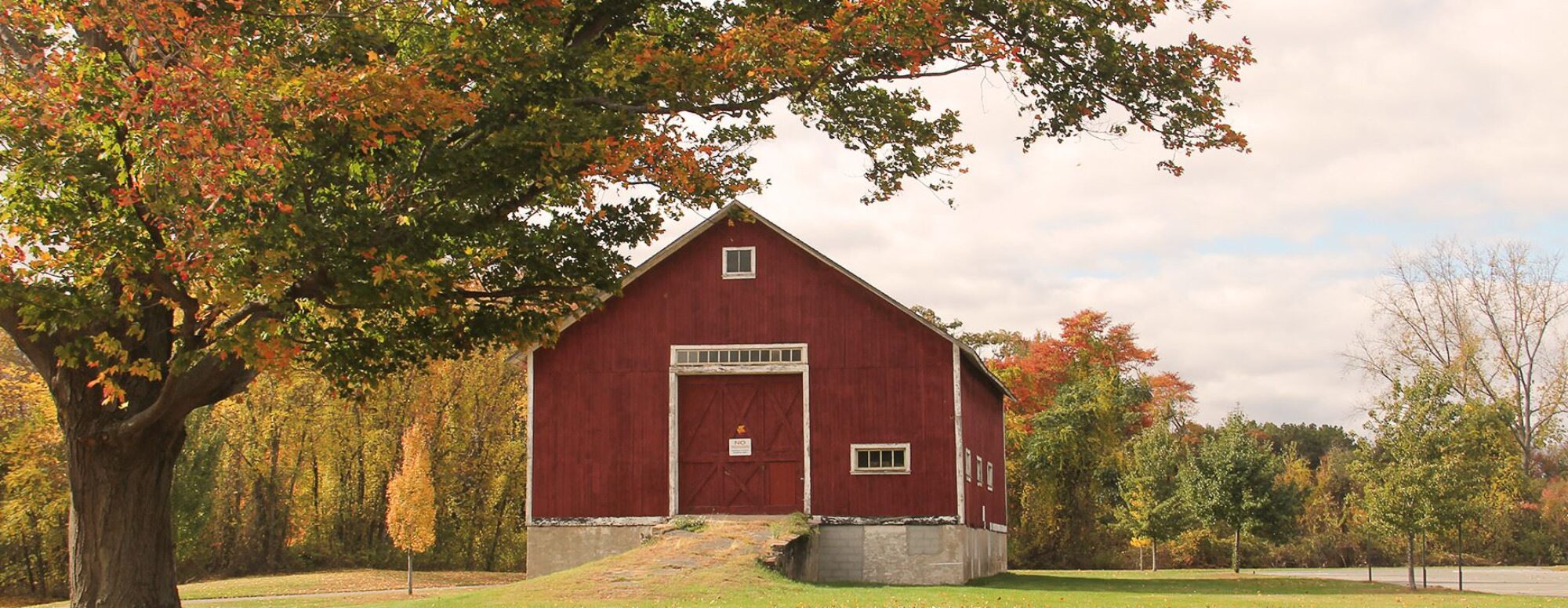(The Reminder – Cliff Clark) In a facility assessment survey prepared by a state agency that determined Westfield State University’s Lammers Hall was a “feasible” location to serve as an emergency assistance shelter for migrants, it noted “concerns” by some elected officials on its effect on the community.
State Sen. John Velis (D-Westfield) and Westfield Mayor Michael McCabe, who were involved in conducting the survey prepared by the Massachusetts Emergency Management Agency, were two who raised the concerns.
“I’ve never been in favor of using educational institutions as residential housing,” McCabe said recently.
“There are other areas. It’s just not the right fit,” he said.
Velis, in a Sept. 7 press release, expressed “his strong opposition” to housing migrants in Lammers Hall.
The dorm rooms in Lammers were closed in the summer of 2022 because of a decline in enrollment, but the university’s student mental health counseling services and mail service are located there.
The MEMA survey was conducted just two weeks after Gov. Maura Healey declared a state of emergency because of what she said were the “rapidly rising numbers of migrant families arriving in Massachusetts in need of shelter and services and a severe lack of shelter availability in the state.”
McCabe said he “empathized” with Healey trying to find living arrangements for incoming migrants by using state-owned facilities.
But, he said, “the whole thing is not palatable.”
According to the 28-page report, on Aug. 22, an on-site survey was conducted by a group of local, state, city and university officials, that included Velis, McCabe, and state Reps. Kelly Pease (R-Westfield) and Michael Finn (D-West Springfield).
The survey concluded it was “technically feasible” that Lammers Hall could be used as an emergency assistance shelter.
In Velis’ statement, he focused on the “technical feasibility” conclusion in the survey’s executive summary.
“I don’t know about you, but ‘technical feasibility’ does not sound like a ringing endorsement to me,” Velis said.
He, like McCabe, highlighted several concerns raised by those involved in the survey. Those “facility concerns and capabilities” were noted in the executive summary of the survey.
“There [are] no elevators, no [air conditioning], limited meeting/office space, and there is a possible asbestos tiling that may need to be mitigated,” according to the executive summary.
“That’s why it’s unoccupied,” McCabe said.
Velis also said Lammers Hall “lacks access to medical clinics and kitchen services.”
The survey’s executive summary noted “outside food service would need to be provided as there is limited/no space for [food] prep and serving.”
Another issue is because the four-story dorm doesn’t have an elevator, only the first floor is complaint with the Americans with Disabilities Act.
McCabe and Velis also questioned how the survey came to its conclusion even while noting that the “dorm is in the middle of campus, and separating populations would be a significant challenge.”
“I think the report even undersells just how bad of a selection this would be,” Velis said. “Lammers Hall is right in the center of campus and simply not equipped to serve as an emergency shelter.”
In July, the university released a statement that it has been approached by the state about using dorms unoccupied by students.
“Officials from the commonwealth of Massachusetts did have some conversations with Westfield State University regarding refugee housing needs, as they did with institutions across the state,” Leslie Rice, the university’s executive director of communications, said in the statement.
But the university declined to participate.
“We determined participating in the program to house refugees on our campus was not right for us at this time,” Rice said.
Reminder Publishing made numerous attempts to contact the university to ask about the latest state survey. Voice messages and emails were not returned.
McCabe said that since it became public the state was exploring the possibility of using the dorm as housing for migrants, his constituents have let him know what they think of it.
“It’s overwhelmingly negative,” he said.
Velis said he has also heard from community members, and they agree “it doesn’t make sense.”
McCabe wanted to make one thing clear about his opposition to the state’s pursuit of using the dorm for migrant housing: it’s not based on prejudice.
“This is not an anti-immigration stance,” he said.
It’s recognizing the frustration within the community of being denied access to services, like affordable housing, while those who haven’t invested in the community are provided it, he said.
“They are asking, ‘Why are we doing this?’ to the detriment of those who can’t get housing themselves … they feel pushed aside,” McCabe said.
He spoke of an elderly friend who can’t find housing right now. He said she was evicted from her residence after it was purchased, and the new owner decided to convert its use. She has medical challenges that restrict where she can live, he said.
“Why not help those here who need it?” he asked.
Karissa Hand, a spokesperson for Healey, remarked on the facility assessment survey: “Our administration is in ongoing discussions with Westfield State University potentially utilizing space in an unused building. We are constantly evaluating options, including at other public institutions, to expand shelter capacity to ensure families arriving in Massachusetts have a safe place to sleep during this emergency.”
In Healey’s emergency declaration, she said the federal government needs to take action to address the migrant crisis by passing comprehensive immigration reform.
Velis also opined that the federal government bears responsibility for this situation, because of its inability to mitigate an immigration crisis.

